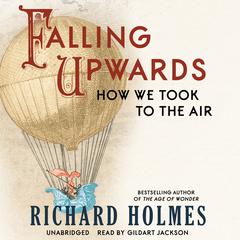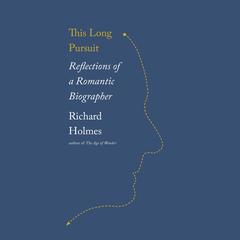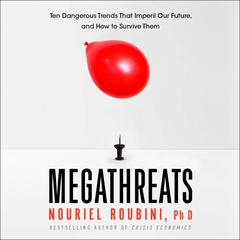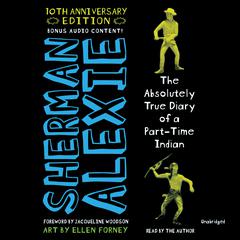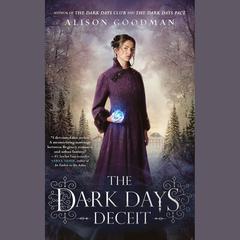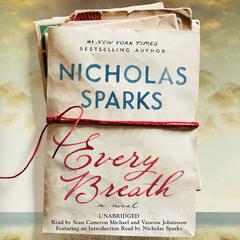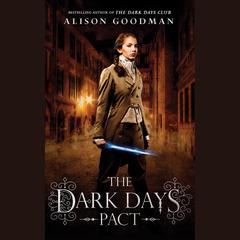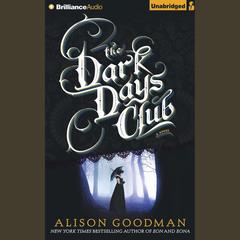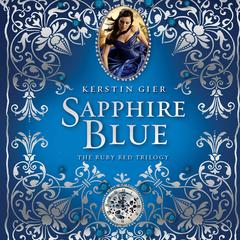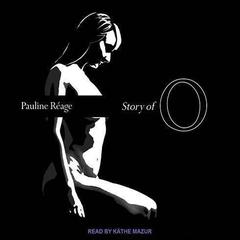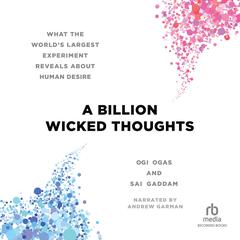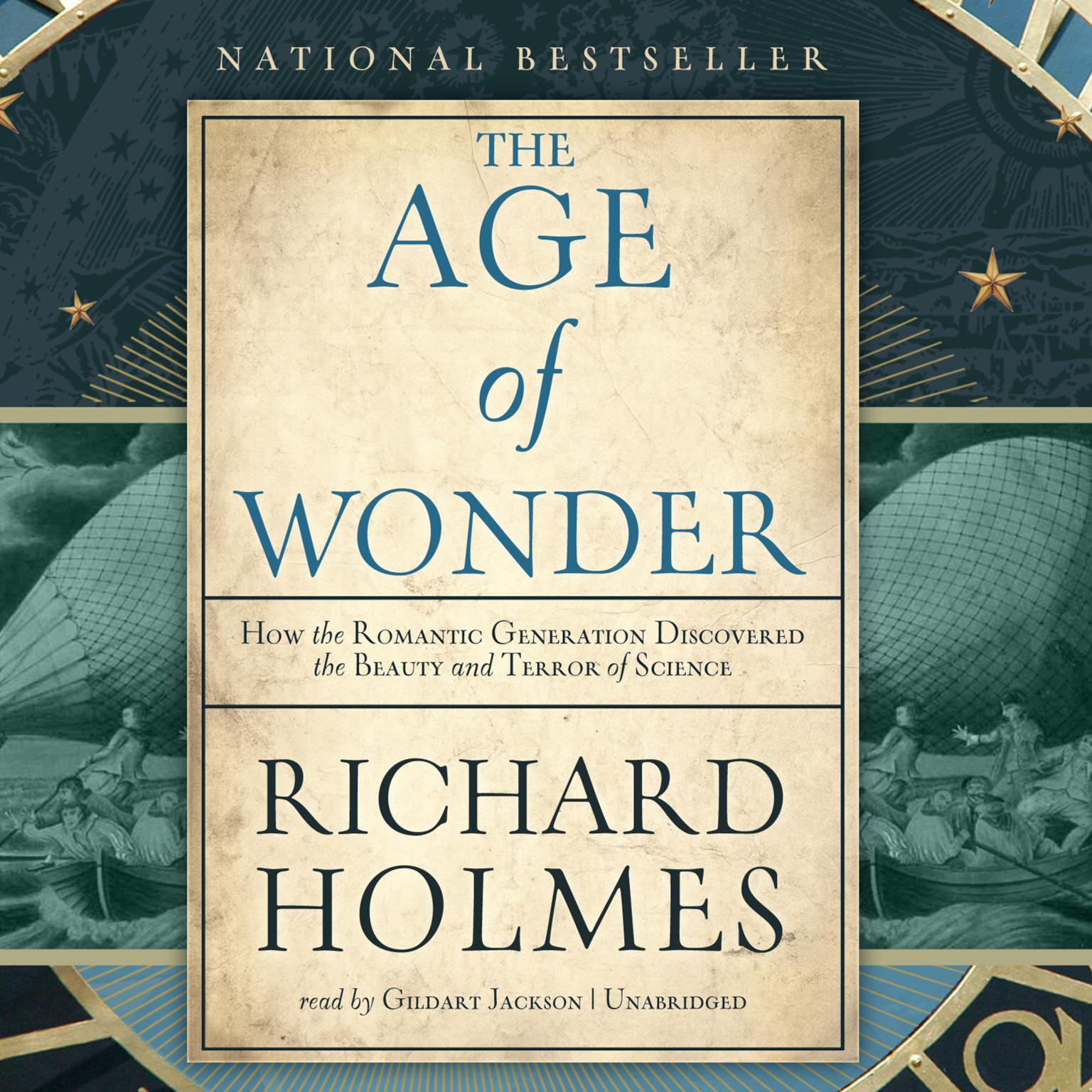 Play Audiobook Sample
Play Audiobook Sample
The Age of Wonder: How the Romantic Generation Discovered the Beauty and Terror of Science Audiobook
 Play Audiobook Sample
Play Audiobook Sample
Quick Stats About this Audiobook
Total Audiobook Chapters:
Longest Chapter Length:
Shortest Chapter Length:
Average Chapter Length:
Audiobooks by this Author:
Publisher Description
The Age of Wonder is a colorful and utterly absorbing history of the men and women whose discoveries and inventions at the end of the eighteenth century gave birth to the romantic age of science.
When young Joseph Banks stepped onto a Tahitian beach in 1769, he hoped to discover Paradise. Inspired by the scientific ferment sweeping through Britain, the botanist had sailed with Captain Cook in search of new worlds. Other voyages of discovery—astronomical, chemical, poetical, philosophical—swiftly follow in Richard Holmes' thrilling evocation of the second scientific revolution. Through the lives of William Herschel and his sister, Caroline, who forever changed the public conception of the solar system; of Humphry Davy, whose near-suicidal gas experiments revolutionized chemistry; and of the great romantic writers, from Mary Shelley to Coleridge and Keats, who were inspired by the scientific breakthroughs of their day, Holmes brings to life the era in which we first realized both the awe-inspiring and the frightening possibilities of science—an era whose consequences are with us still.
Download and start listening now!
"A beautiful and sympathetic account of the great age of British science, through which Holmes proves yet again that he is our foremost chronicler of the Romantic Age. His deft handling the scientific discoveries that made these men and women - the Herschels (William, Caroline, and John), Joseph Banks, Michael Farady, Humphry Davy, et al - so important is admirable, of course, but more impressive is his ability to marshal an enormous amount of research into a coherent, pleasurable narrative. A marvelous book."
— Stephen (5 out of 5 stars)
Quotes
-
“In this big two-hearted river of a book, the twin energies of scientific curiosity and poetic invention pulsate on every page.”
— New York Times Book Review -
“[An] amazingly ambitious, buoyant new fusion of history, art, science, philosophy, and biography…Holmes’ excitement at fusing long-familiar events and personages into something startlingly new is not unlike the exuberance of the age that animates his groundbreaking book.”
— New York Times -
“Holmes’ enthralling book itself exemplifies those qualities fostered by a scientific culture: the sense of individual wonder, the power of hope, and the vivid but questing belief in a future for the globe.”
— Washington Post -
“Holmes is certainly the man to undertake this intellectual salvage operation…Ambitious…Eloquent.”
— Wall Street Journal -
“A new model for scientific exploration and poetic expression in the Romantic period. Informative and invigorating, generous and beguiling, it is, indeed, wonderful.”
— Guardian -
“What’s superlative about The Age of Wonder is that Holmes, author of vivid biographies of Shelley and Coleridge, takes the air out of the terms ‘subjectivity’ and ‘objectivity’ and reveals the ways in which the artists were as enveloped in science as the men and women in the labs around them. In a harmony of scientific and artistic sensibilities, he shows, the Romantics tapped the marvels of nature and sounded the infinite benefits of science. It’s a song, if we can hear it, that can transform us today.”
— Salon -
“If, like me, you didn’t study much science after high school, this absorbing narrative will make you appreciate the gravity of your mistake…Reading it made we want to do college over, this time as a history of science major.”
— Slate, Best Books of 2009 -
“Richard Holmes—who is almost unfairly gifted both as a writer of living, luminous prose and as a tireless researcher—braids Herschel’s story together with a dozen others to create the most joyful, exciting book of the year.”
— Time, The Top 10 Everything of 2009 -
“It was a singular time, and this is a singular book.”
— Fortune -
“The Age of Wonder is the long-awaited fermentation of the author’s knowledge of the Romantic poets and his lifelong fascination with science.”
— Economist -
“For Holmes to bring those people back to life is a great achievement…This is the finest history of science book I’ve come across.”
— Physics Today -
“Holmes pursues his many-chambered nautilus of a tale with energy and great rigor, unearthing many lives and assembling remnant shards of biography, history, science, and literary criticism.”
— Christian Science Monitor -
“Rich in human foibles and thrills.”
— Cleveland Plain Dealer -
“Captivating…An engrossing portrait of scientists as passionate adventurers, boldly laying claim to the intellectual leadership of society.”
— Publishers Weekly (starred review)
Awards
-
Winner of the 2009 National Book Critics Circle Award for General Nonfiction
-
A 2009 Publishers Weekly Top 10 Book for Nonfiction
-
A New York Times bestseller
-
A 2009 ALA Notable Book for Nonfiction
-
A 2009 New York Times Best Book for Nonfiction
-
A 2009 New York Times Book Review Top 10 Book of the Year
-
A 2009 Time Magazine Top 10 Book for Nonfiction
-
A 2009 Los Angeles Times Book Prize Nominee for History
-
A Slate Magazine Best Book of Nonfiction in the Last 25 Years
The Age of Wonder Listener Reviews
-
" I'm still reading this book. Its not a book that you can whip through. I am still enjoying it and hope to finish it this coming weekend! "
— Paula, 1/27/2014 -
" Great book, particularly the first couple of chapters on young Joseph Banks in the Pacific and William & Caroline Herschel. Mungo Park's death in Africa, H. Davy huffing nitrous, Frenchmen and their ridiculous balloons... all connected to Mary Shelley, Sam Coleridge, et al. Good stuff. "
— Rich, 1/11/2014 -
" This book is a basic overview of romantic science in Britain during the 18-19th century. It was an entertaining read in that I got a feel for the culture and the people involved with the major advancements during this time. My main criticism is the myopic view that centers almost exclusively on Great Britain. The fact that the author is British suggest to me there might be a patriotic bias but this is only a minor complaint. Overall, it was a good read that left me wishing it was more in-depth. However, I believe it was the author's intent for this book to be a form of primer on the romantic age as he includes a list of numerous other works that expound on specific subjects covered within his work. It is interesting to see the path of science as it traverse from Newton to what eventually becomes (evolves, so to speak) modern day scientific research. "
— Robert, 12/9/2013 -
" The first chapter was by far the best. Each subsequent chapter seemed to be less interesting then the last, with notable exceptions. Nonetheless, the parts of the book that were really good were enough for me to round it up to 4 stars. "
— Chris, 12/4/2013 -
" If there was a fire, and I had to save my books, this one would be the first one saved... "
— Lobke, 11/16/2013 -
" More dense than I was expecting. I ended up just skimming. SO I guess I can't really give a great review. "
— Jed, 11/14/2013 -
" awesome read...fascinating and amusing accounts of the lives of various visionaries at the end of the enlightenment...plus some kick-ass poetry! "
— Christopher, 10/6/2013 -
" Smart, charming and totally wonderful. "
— Constance, 9/3/2013 -
" A great read for people that are interested in both literature and science. This book explores the lives of some of the great Romantic Scientists (Herschel, Banks, and Davy in particular) and how they influenced and were influenced by the poets and writers of the period. "
— Geoffrey, 1/26/2013 -
" Romantic age science and poetry. Who knew that science could be so engaging! Admittedly, some sections read more like an historical reference work, but when this history is good, it's very good. Tahiti, the Congo, laughing gas, the stars. "
— Jim, 12/6/2012 -
" scientist are humans too. There seemed to be a lot more interaction between the world of poets and scientist in those early days. Coleridge was into a lot of things and was more influential than I knew. "
— Patricrk, 11/7/2012 -
" The first half of this book was enthralling; the last half failed to keep my interest to the same degree and I ended up merely skimming through it. "
— Catherine, 7/25/2012 -
" An overview of the romantic era of (primarily British) science. The early material, especially the story of the young Joseph Banks, was wonderful. But ultimately the romance came to somewhat overbalance the science for my taste. Nonetheless I learned a great deal so I'm very glad to have read it. "
— Don, 1/3/2012 -
" Staggering window into a time of wild discovery combined with romantic sensibility. I'll be buying this book. Imagine - infra-red light discovered before 1800. Proposals for sexual liberation from Joseph Bank's reports that took another another 180 years to be acted upon. A wonderful book. "
— Greg, 6/12/2011 -
" I loved this cover to cover. "
— James, 6/1/2011 -
" This applies directly to our own age of the internet as we discover our own "beauty and terror" through this latest cycle of scientific advancement. "
— Thor, 5/25/2011 -
" literally awesome. i got to read a good chunk of this by the massive fireplace at the mount washington hotel before retiring to my bunk down the street. <br/><br/>who knew i would enjoy captain cook so much?<br/><br/>i wish i could join the royal society. or just be a ladybug in its mist. "
— Jessica, 5/3/2011 -
" Fascinating! I am a science fan and loved learning the origins of science as art. "
— Moonstruck, 4/11/2011 -
" While the semi-regular digressions into poetry and personal feuds got a little tiring, the depictions of the key scientific discoveries were brilliant. Holmes definitely succeeds in conveying the 'wonder' that surrounded these advances. "
— Tyler, 3/25/2011 -
" An excellent snapshot of a certain time period & the confluence of Romantic science & poetry. "
— Laura, 3/23/2011
About Richard Holmes
Richard Holmes is Professor of Biographical Studies at the University of East Anglia. His is a Fellow of the British Academy, has honorary doctorates from UEA and the Tavistock Institute, and was awarded an OBE in 1992. His first book, ‘Shelley: The Pursuit’, won the Somerset Maugham Prize in 1974. ‘Coleridge: Early Visions’ won the 1989 Whitbread Book of the Year, and ‘Dr Johnson & Mr Savage’ won the James Tait Black Prize. ‘Coleridge: Darker Reflections’ won the Duff Cooper Prize and the Heinemann Award. He has published two studies of European biography, ‘Footsteps: Adventures of a Romantic Biographer’ in 1985, and ‘Sidetracks: Explorations of a Romantic Biographer’ in 2000.
About Gildart Jackson
Gildart Jackson’s acting credits span the stage and screen. He is most often recognized for his roles as Gideon on Charmed and Simon Prentiss on General Hospital. He has also starred in numerous television shows, including CSI and Vegas, and he played the lead in the highly acclaimed independent feature film You, directed by his wife, Melora Hardin.




